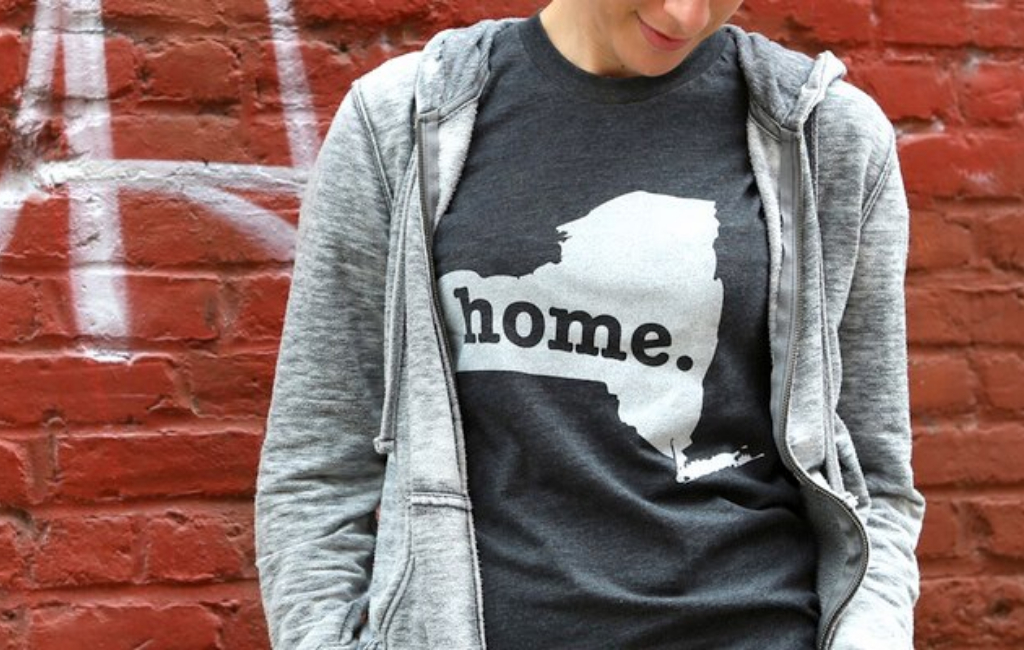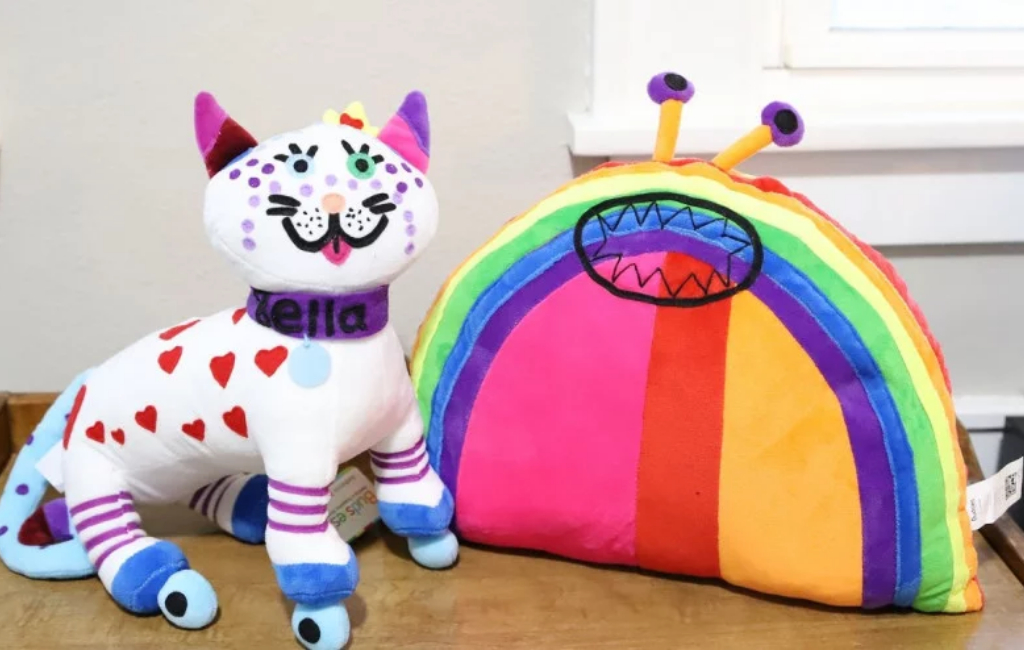Bee Thinking – Beekeeping Supplies
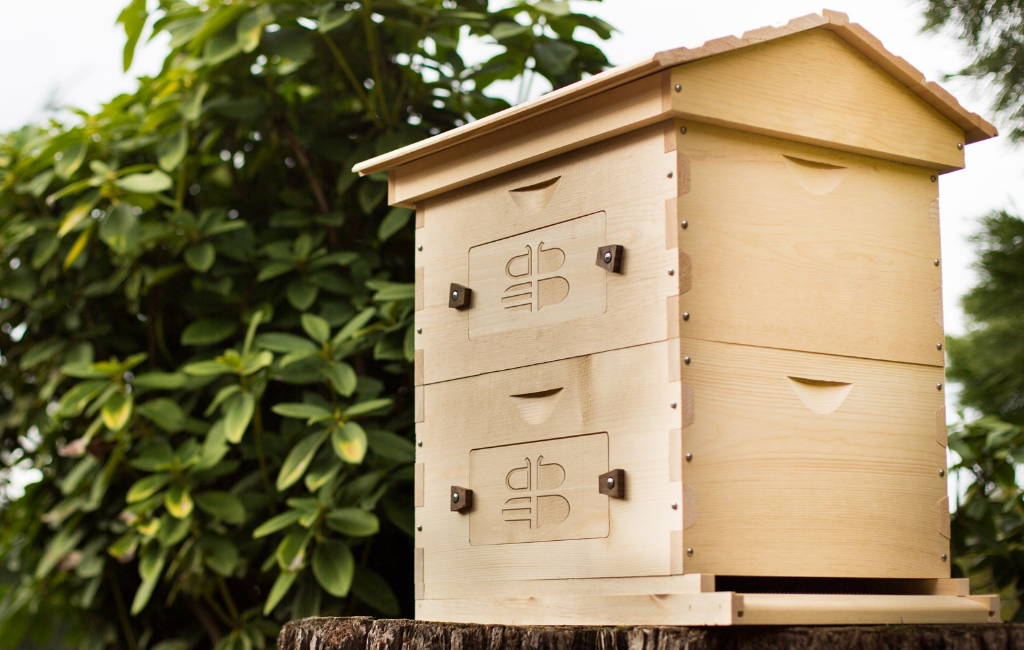
NO DEAL
EPISODE SUMMARY
🕓 Air Date: April 10, 2015
Asking For:
$400,000 for 10%
Investor:
No Deal
Deal:
No Deal
PRODUCT SUMMARY
Bee Thinking offers alternative beehive designs made from high-quality Western Red Cedar, catering to a growing market concerned about honeybee preservation.
WATCH HERE
IN A RUSH?
Click these to jump to the section you want to read.
Background Story
Bee Thinking, founded by Matt Reed, has its roots in an unexpected encounter with a honeybee in Matt’s kitchen six years ago. The catalyst for the business occurred when Matt’s wife requested him to rescue a bee that had flown into their home. After feeding the bee some honey and watching it gain energy, Matt released it outside. Little did he know that this simple act of kindness would lead to a profound fascination with honeybees. Motivated by the subsequent influx of bees trying to access their home, Matt decided to channel his interest into a creative venture.
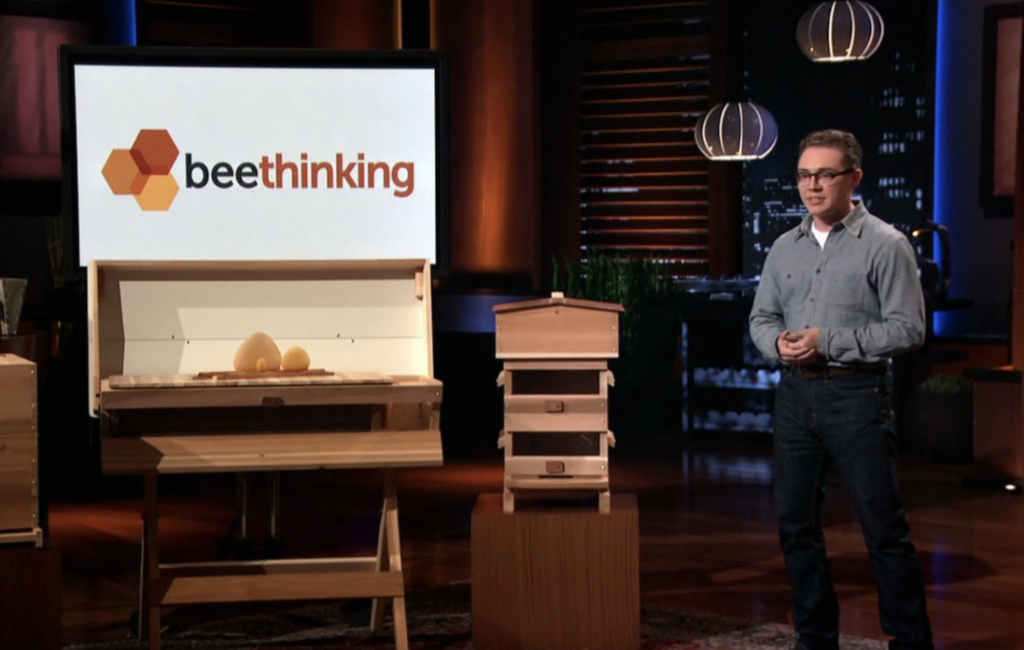
He delved into crafting beehives using Western Red Cedar, experimenting with various designs. This passion project quickly gained attention when Matt started sharing his experiences and hive-building process through a blog. The response was overwhelming, with people from all corners of the country expressing interest in purchasing his alternative beehive designs. Recognizing the potential market demand for high-quality beehives, Matt transitioned from his previous career in technology, quitting his job in 2012. The following year, his wife also left her job, fully committing to Bee Thinking. The couple devoted themselves entirely to the business, giving up the security of their former careers, including health insurance.
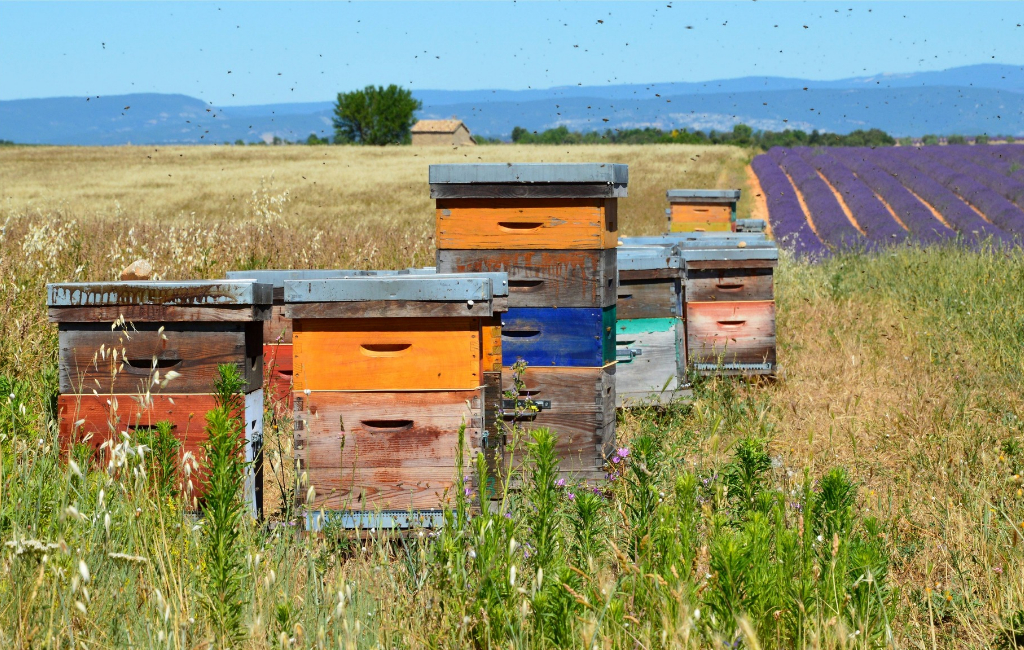
This profound commitment reflects the personal stakes involved, not only for Matt and his wife but also for the seven employees whose livelihoods depend on the success of Bee Thinking. The company’s journey from rescuing a single honeybee in a kitchen to shipping thousands of hives globally is a testament to Matt’s dedication and entrepreneurial spirit. Bee Thinking not only provides unique beehive solutions but also aligns with the critical cause of honeybee preservation, emphasizing the vital role these insects play in sustaining a significant portion of the world’s food supply.
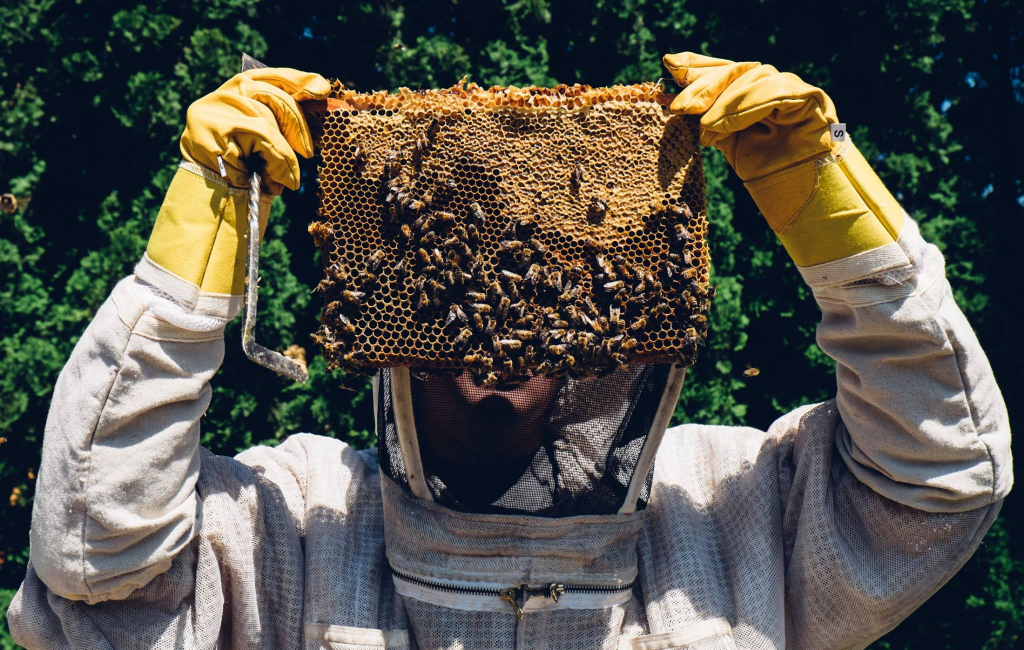
The Product
Bee Thinking’s flagship product is the Kenyan Top-Bar Hive, meticulously crafted from high-quality Western Red Cedar. This hive design is renowned for promoting cross-pollination and facilitating honey extraction, creating a symbiotic relationship with bees. Priced at $360, the Kenyan Top-Bar Hive stands out as a premium offering, with the entire hive, including shipping and packaging, available at this cost.
In addition to the flagship product, Bee Thinking offers a unique Honeycomb hive, where bees construct their combs naturally. This hive allows for easy extraction of honey by cutting the comb into squares, providing a delightful and unprocessed honey-eating experience. The average order, including other equipment, amounts to $210, and an impressive 30% of orders in the past month have been repeat purchases.
Customers can purchase Bee Thinking’s innovative hives directly from the company’s location. The pricing structure reflects the emphasis on quality craftsmanship and the use of Western Red Cedar, ensuring durability and a distinctive aesthetic appeal.
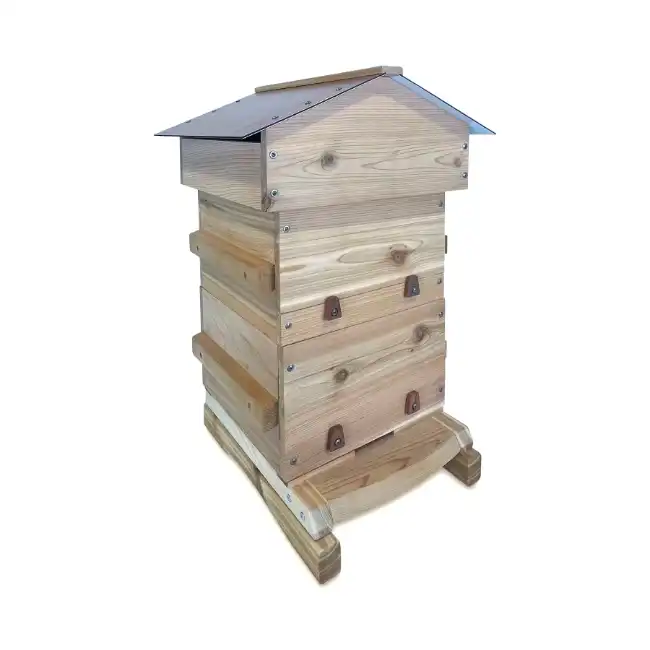
How It Went
The company’s position before Shark Tank
Bee Thinking has demonstrated robust performance since its inception in mid-2009, with cumulative sales reaching $1.9 million. Over the last 12 months, the company has seen significant growth, achieving sales of $775,000, a noteworthy increase from the previous year’s $560,000. The profit for the current year stands at approximately $120,000, showcasing the company’s ability to translate sales into a positive bottom line. The company primarily sells directly to customers, reflecting a strong direct-to-consumer model.
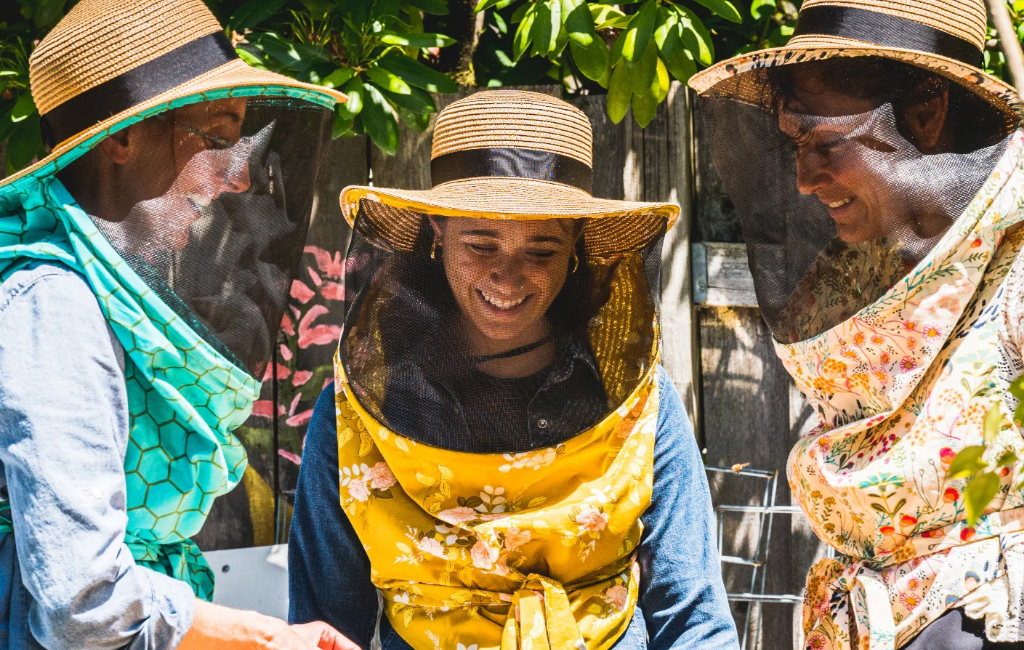
Average order values, including additional equipment, are around $210, and an encouraging 30% of orders in the past month have come from repeat customers, indicating a satisfied and loyal customer base. Bee Thinking’s success can be attributed not only to the quality of its products but also to its commitment to the critical cause of honeybee preservation. The company caters to a market segment deeply concerned about the declining honeybee population and its impact on food supplies. As for funding, the company’s founders, Matt and his wife, have invested their own resources, having given up their previous careers for the venture.
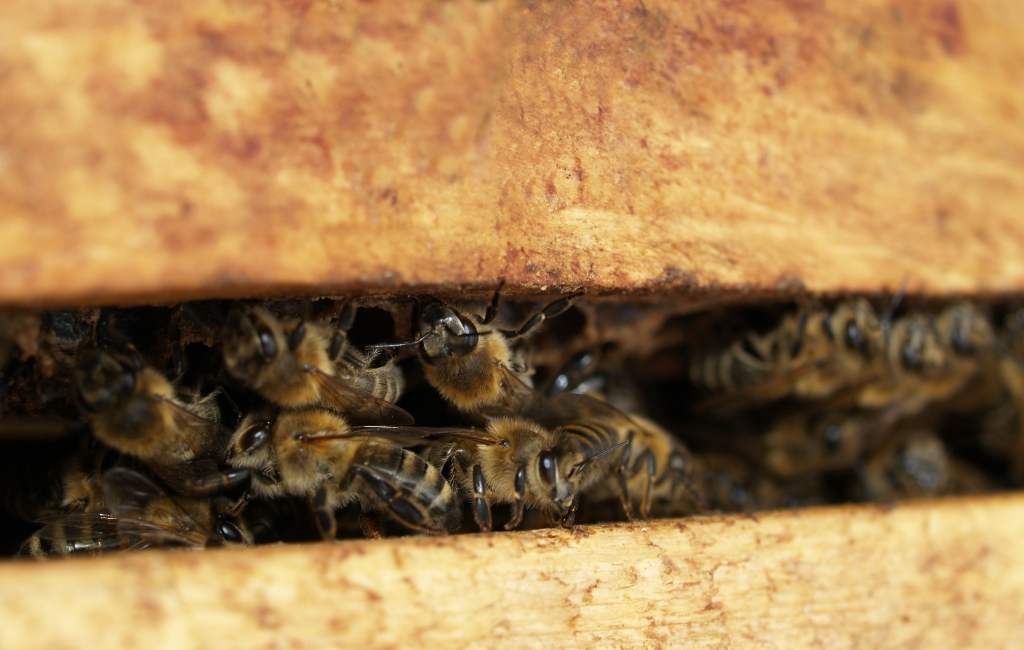
The company’s structure includes seven employees, all of whose livelihoods are tied to Bee Thinking’s success. However, the company faces challenges in meeting demand due to the handmade nature of its products. This challenge underscores the need for additional resources to scale operations efficiently. Bee Thinking’s financial health, positive trajectory, and commitment to sustainability position it well in a market where customers are increasingly conscious of the environmental impact of their purchases. The company’s direct-to-consumer approach allows it to maintain control over its brand and build a community around its products, fostering long-term growth and customer loyalty.
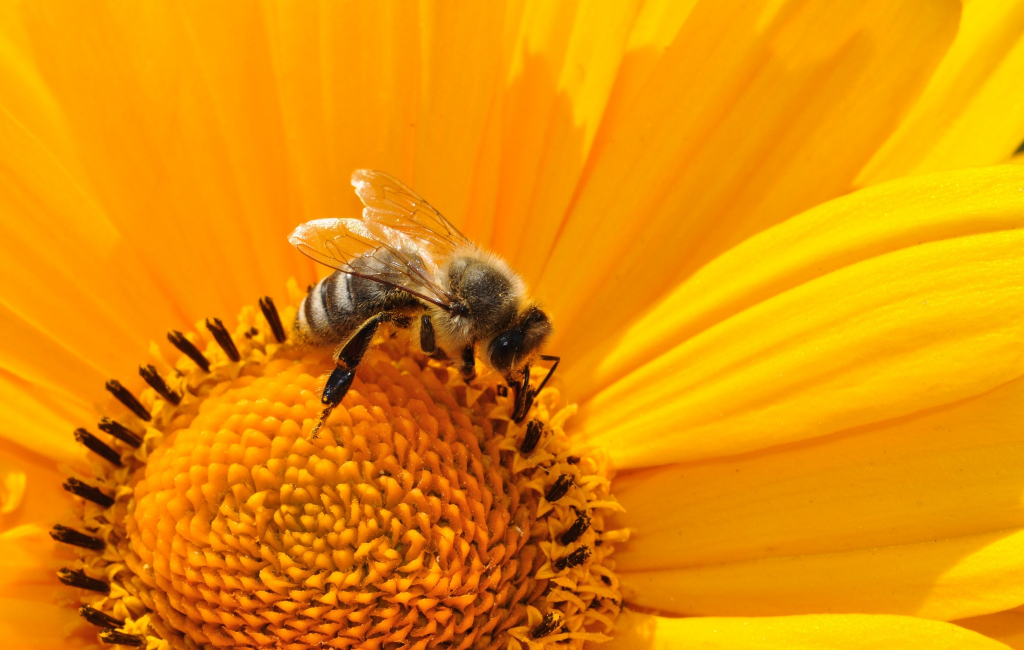
The Negotiations:
In the “Shark Tank” episode, Bee Thinking founder Matt Reed entered seeking $400,000 in exchange for a 10% stake in the business. Despite a compelling pitch and admiration from the Sharks for Matt’s dedication and the company’s mission, none of the Sharks ultimately made an offer. The negotiations began with Kevin O’Leary expressing concern about the $4 million valuation, stating it would take too long to see a return on investment.
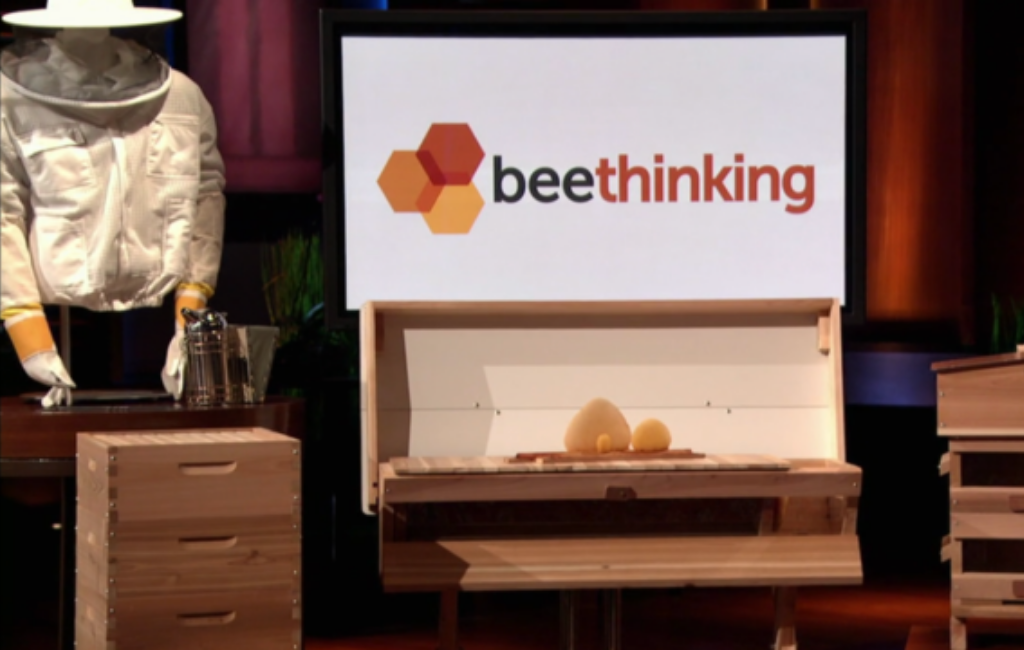
Mark Cuban and Lori Greiner appreciated Matt’s entrepreneurial spirit but doubted whether the $400,000 investment would expedite the company’s growth significantly. While Matt showcased impressive sales figures and the genuine impact of his business on honeybee preservation, the Sharks were hesitant to invest. Cuban acknowledged Bee Thinking’s positive aspects but opted not to invest, emphasizing that he was a customer but not an investor. Barbara Corcoran and Daymond John also chose not to invest, citing personal preferences and doubts about the scalability of the business.
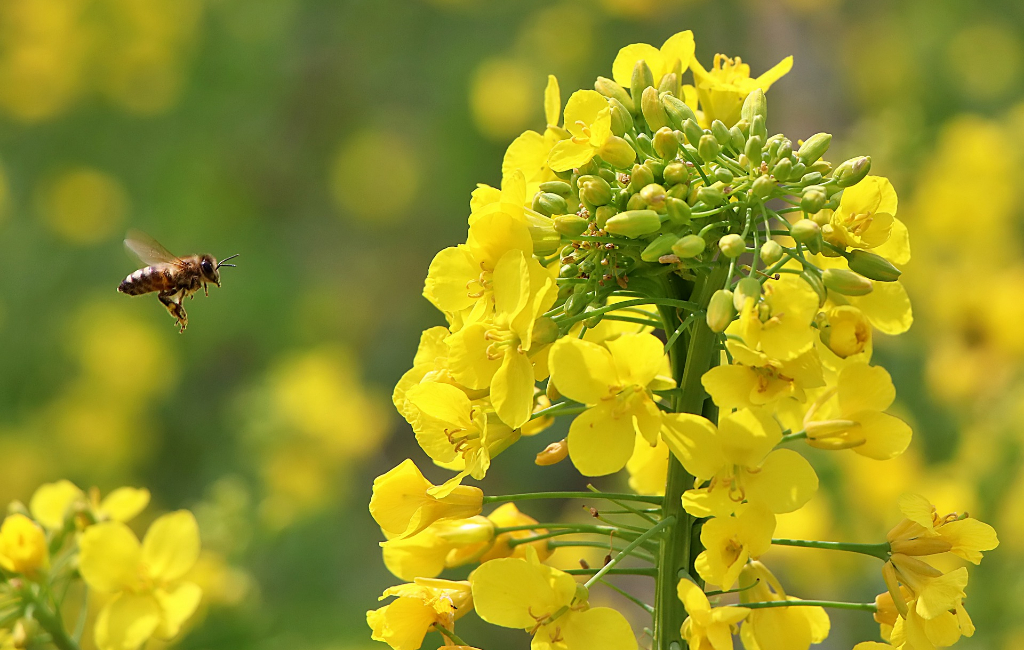
Ultimately, the negotiation ended without securing a deal. Despite not securing investment in the Tank, Matt remained optimistic about Bee Thinking’s future, stating that they would continue to grow with or without a Shark’s investment. The episode highlighted the challenges and opportunities faced by a business deeply committed to a noble cause, navigating the delicate balance between growth and maintaining the integrity of their mission.






